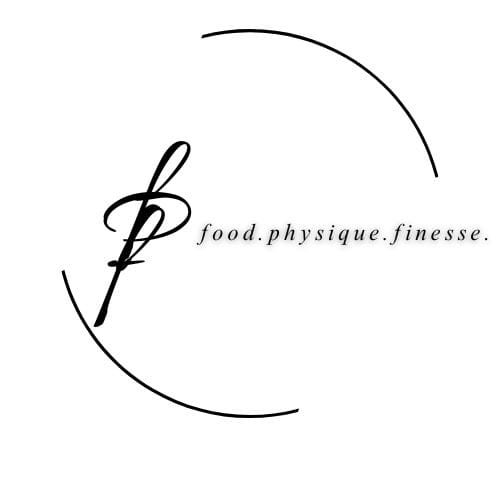Gathering with Intentionality
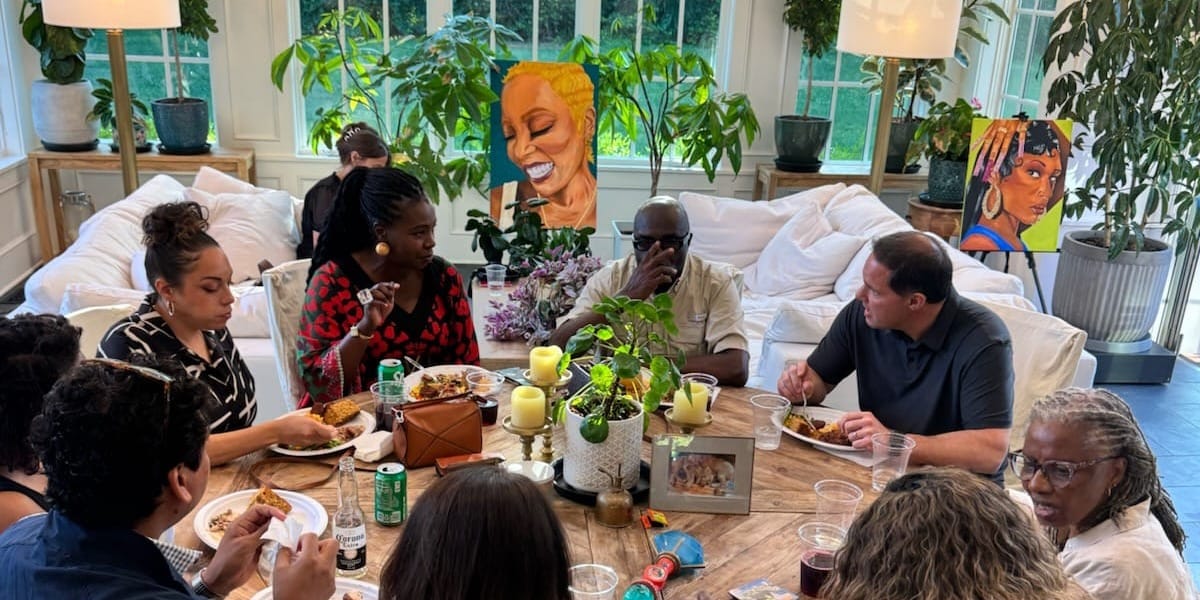
A Juneteenth Celebration
Juneteenth is always a time of year I eagerly look forward to, for it signals the beginning of summer and a season when Blackness shines boldly and unapologetically. The culture radiates excellence, joy, and vibrance. I remember a time when Juneteenth passed by quietly, unacknowledged in the mainstream and certainly not celebrated with the same enthusiasm as the Fourth of July. However, it’s now a nationally recognized holiday, and with that has come broader participation and celebration. People from all walks of life now have a reason, and the permission, to turn up in honor of Black freedom.
Still, I can’t ignore how national holidays in the U.S. often carry a certain commercial undercurrent. Like most institutions in this country, there's a capitalistic flair to the way we’re encouraged to celebrate: spend more, go out more, consume more. While I recognize the potential for performative engagement, I also believe in reclaiming the moment. So, this year, I set out to celebrate Juneteenth in a way that felt intentional, meaningful, and rooted in community.
A week before Juneteenth, I had the opportunity to sit down for a business lunch with Mayor Ukeme Awakessien Jeter, the first Black woman to serve as mayor of Upper Arlington, Ohio. We met at Littleton’s Market, where I previously worked as a restaurant manager and where she was a regular patron and supporter. Though I’d seen her often, it wasn’t until I left my role that I got the chance to connect with her truly.
When she reached out to check in after my departure, her warmth and sincerity caught me off guard in the best way. “If you ever need anything, don’t hesitate to reach out,” she said. I took her up on that offer and invited her to lunch. We bonded over our professional experiences, and it was then that she extended an invitation to her annual Juneteenth gathering—a celebration she had been hosting for three years with her close friend, Logan Smyth.
Their intention? To bring together a carefully curated group of individuals who exude freedom, compassion, and swagger. Naturally, I was honored to be invited and volunteered to contribute a couple of dishes to the spread.
In the days leading up to the celebration, we had a menu planning session with Logan, who is not only a gracious host but also a remarkably talented self-taught cook. Has never been to culinary school and has never had any formal training; simply an insatiable hunger for learning and creating beautiful food. The menu we developed paid homage to the traditions of African American cooking, featuring dishes such as fried chicken, succotash, black-eyed peas, baked mac and cheese, jalapeño and cheddar cornbread, bean fritters, and a red velvet cheesecake.
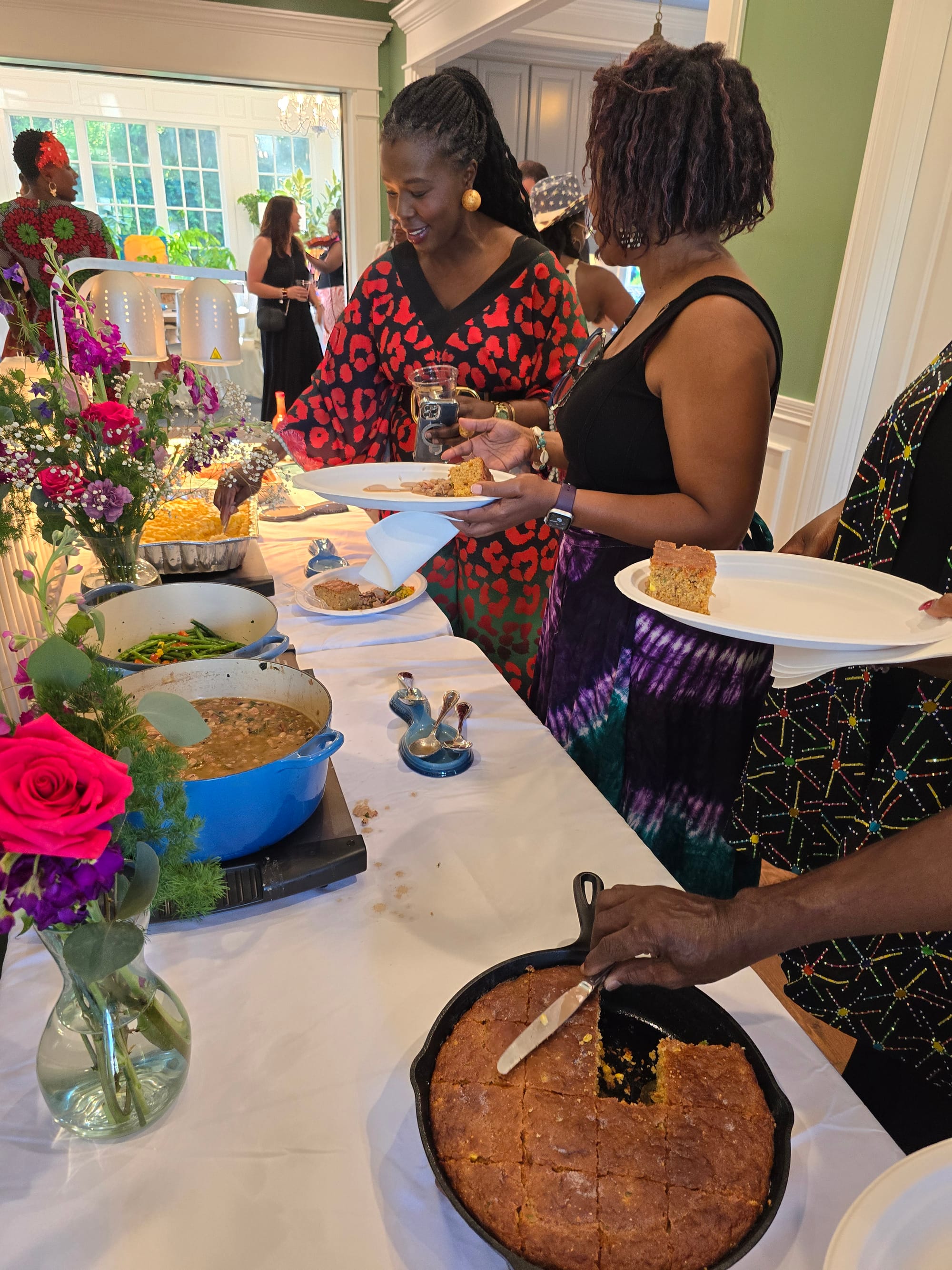
What made this gathering truly special was the spirit behind it. The food was inspired by Jubilee: Recipes from Two Centuries of African American Cooking by Toni Tipton-Martin, a cookbook that Mayor Ukeme and Logan hold dear. Jubilee isn't just a collection of recipes; it’s a historical journey that honors Black chefs, home cooks, and culinary pioneers. The book became the soul of our planning, anchoring us in history while propelling us into a celebratory future.
The evening itself was beautiful. A Black violinist provided live music. A local Black artist displayed and sold her work. The guests, professionals from various fields, mingled and shared their stories, each adding their energy to the atmosphere.
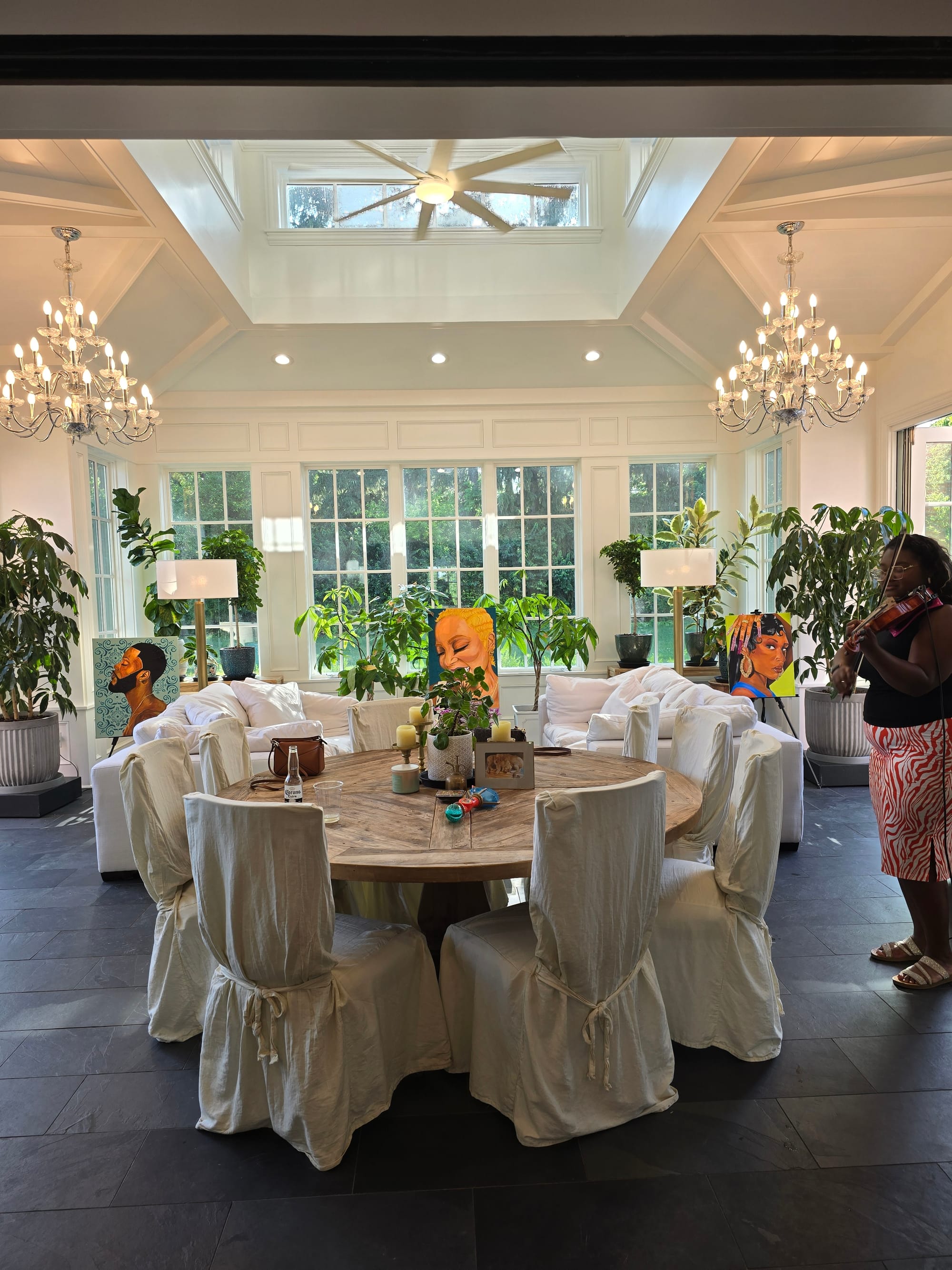
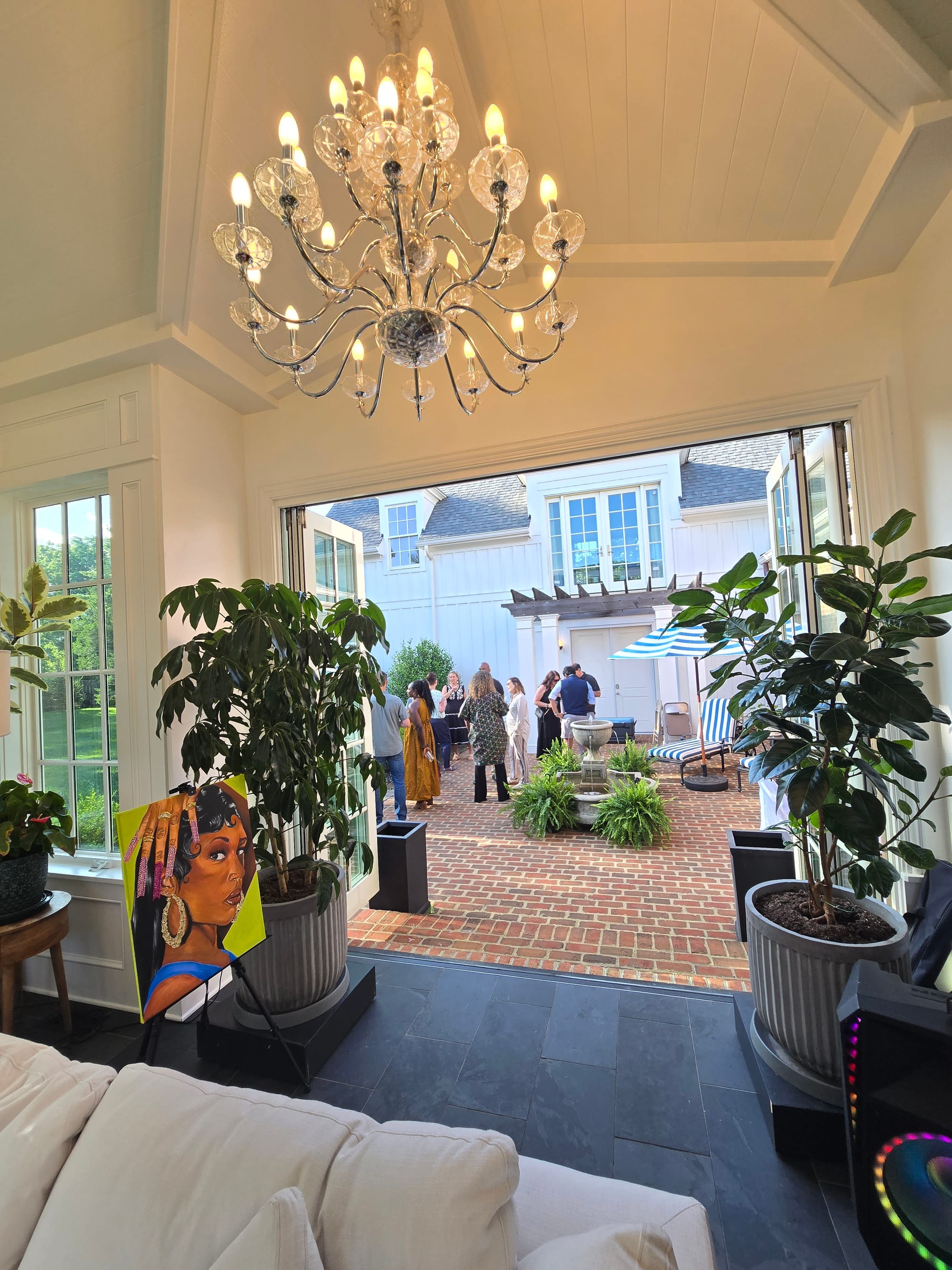
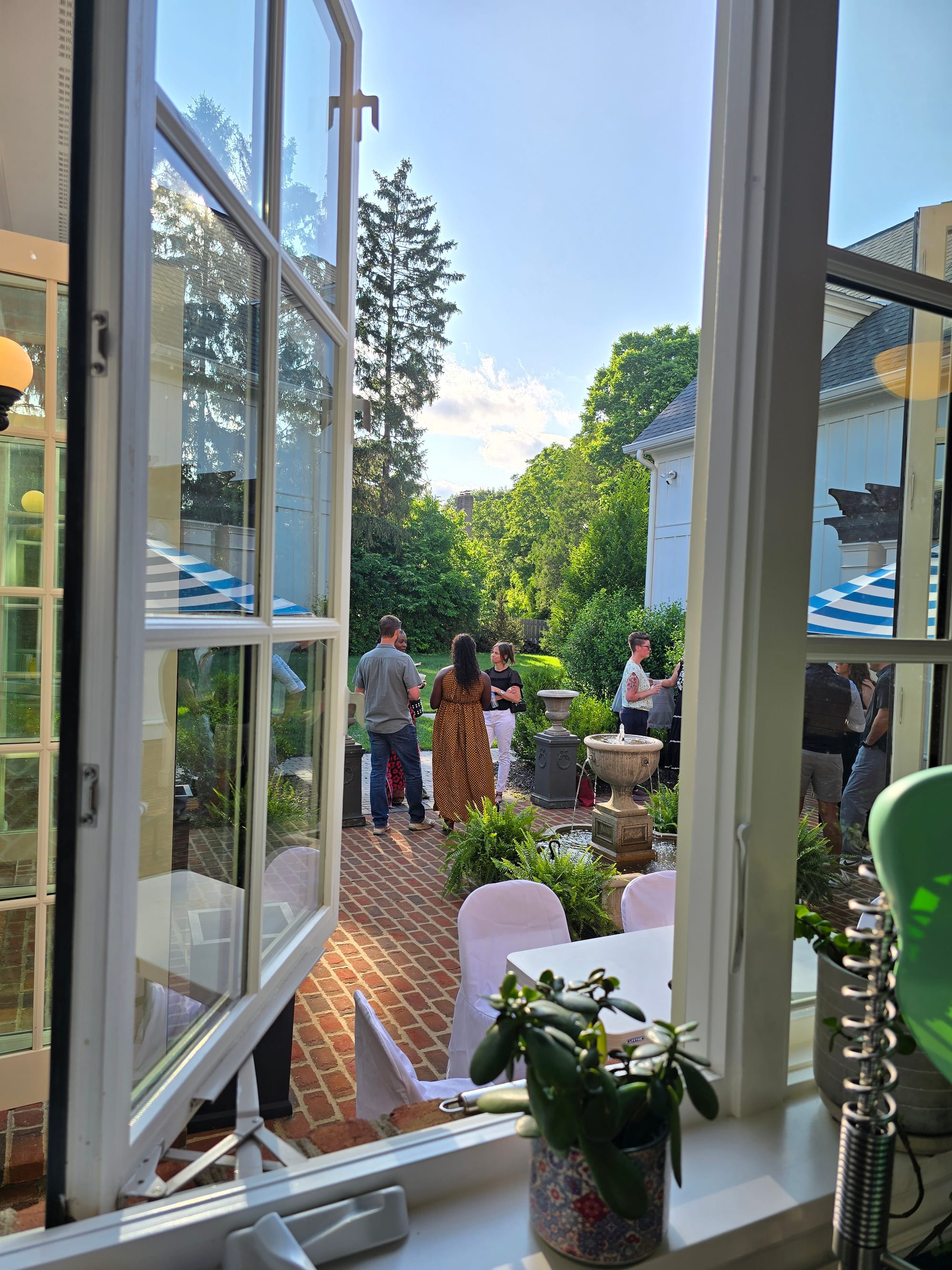
As for my contributions, I made cornbread and a red velvet cheesecake. Decorating the cake became a moment of reflection. I originally planned to place “160” candles on top, to mark 160 years since 1865—the year enslaved people in Texas were finally informed of their freedom. In a moment of doubt, I switched it to “162,” mistakenly referencing the Emancipation Proclamation of 1863 instead. Ironically, after all that double-checking, my first instinct had been right.
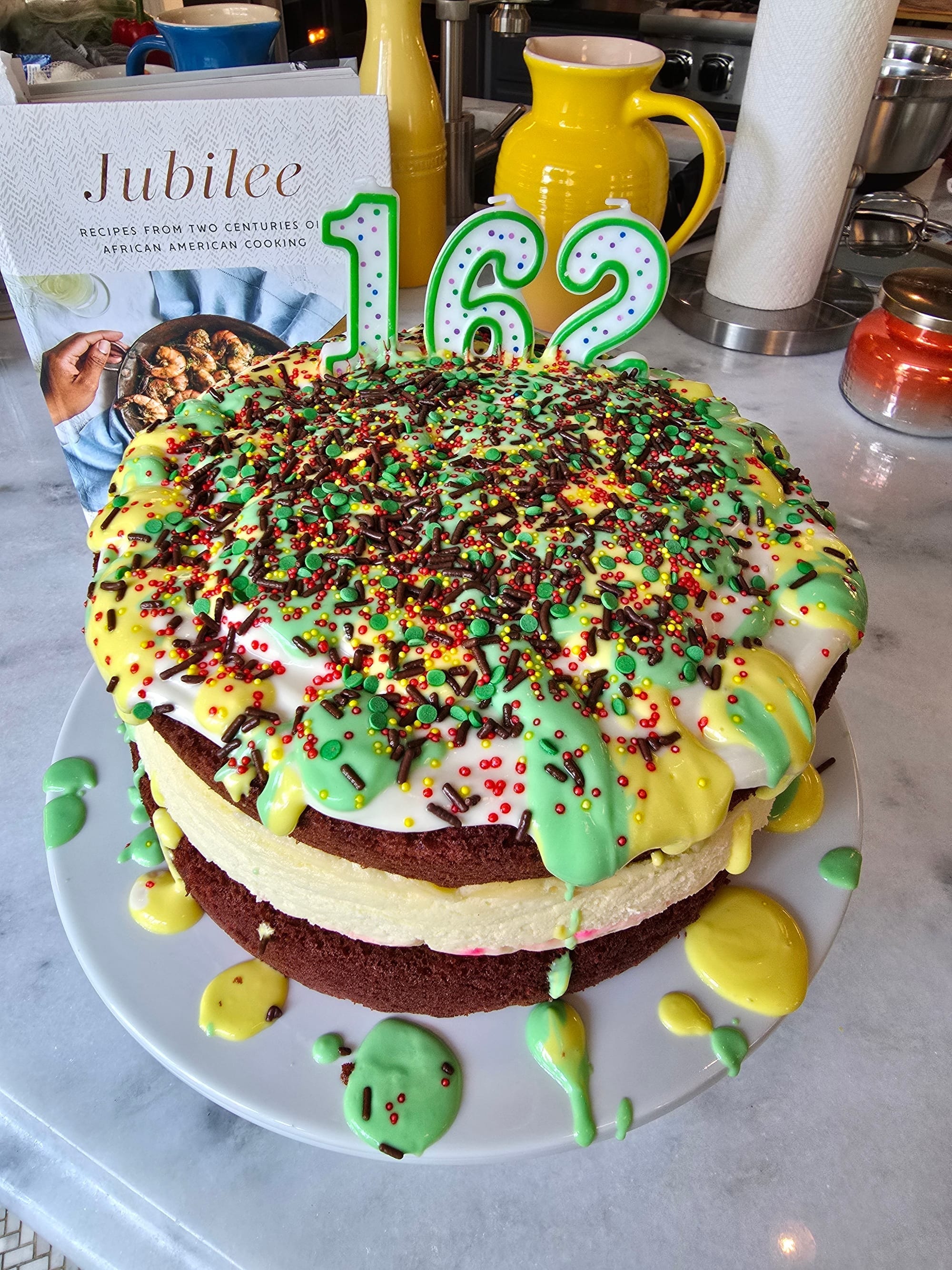
Despite the mix-up, the cake was a hit. The joy, the conversations, the flavors, the laughter, it all reminded me what Juneteenth is really about. It's not just about the freedom that was delayed in Texas; it's about the freedom we continue to claim every day.
Why It Matters
Juneteenth, now a national holiday, commemorates the moment on June 19, 1865, when Union General Gordon Granger arrived in Galveston, Texas, and announced that all enslaved people were free, two years after the Emancipation Proclamation. For the more than 250,000 people still enslaved in Texas, this marked the beginning of their liberation. Since then, Juneteenth has come to symbolize delayed justice and the ongoing pursuit of freedom.
What began as local gatherings in Black communities has grown into a national celebration of resilience, excellence, and achievement. It’s more than a day off, it’s a call to action and reflection.
Ways to Celebrate Beyond the Party
- Support Black creators: Read Black authors, watch films by Black directors, and buy from Black-owned businesses.
- Host intentional gatherings: Create spaces that honor Black culture, food, and community, not just for entertainment, but for connection and reflection.
- Educate yourself and others: Utilize books, documentaries, and workshops to sustain learning throughout the year.
- Volunteer: Support organizations that promote equity, justice, education, and mentorship in the Black community.
Resource List: Deepen Your Juneteenth Understanding
Books:
- Jubilee by Toni Tipton-Martin
- The Warmth of Other Suns by Isabel Wilkerson
- Four Hundred Souls edited by Ibram X. Kendi and Keisha N. Blain
- Freedom’s Gifts: A Juneteenth Story by Valerie Wesley
Films & Documentaries:
- 13th (Ava DuVernay)
- High on the Hog (Netflix)
- Miss Juneteenth (Film)
- Eyes on the Prize (PBS)
Gathering with intentionality is how we reclaim these moments, not as spectators of history, but as active participants in shaping our future.
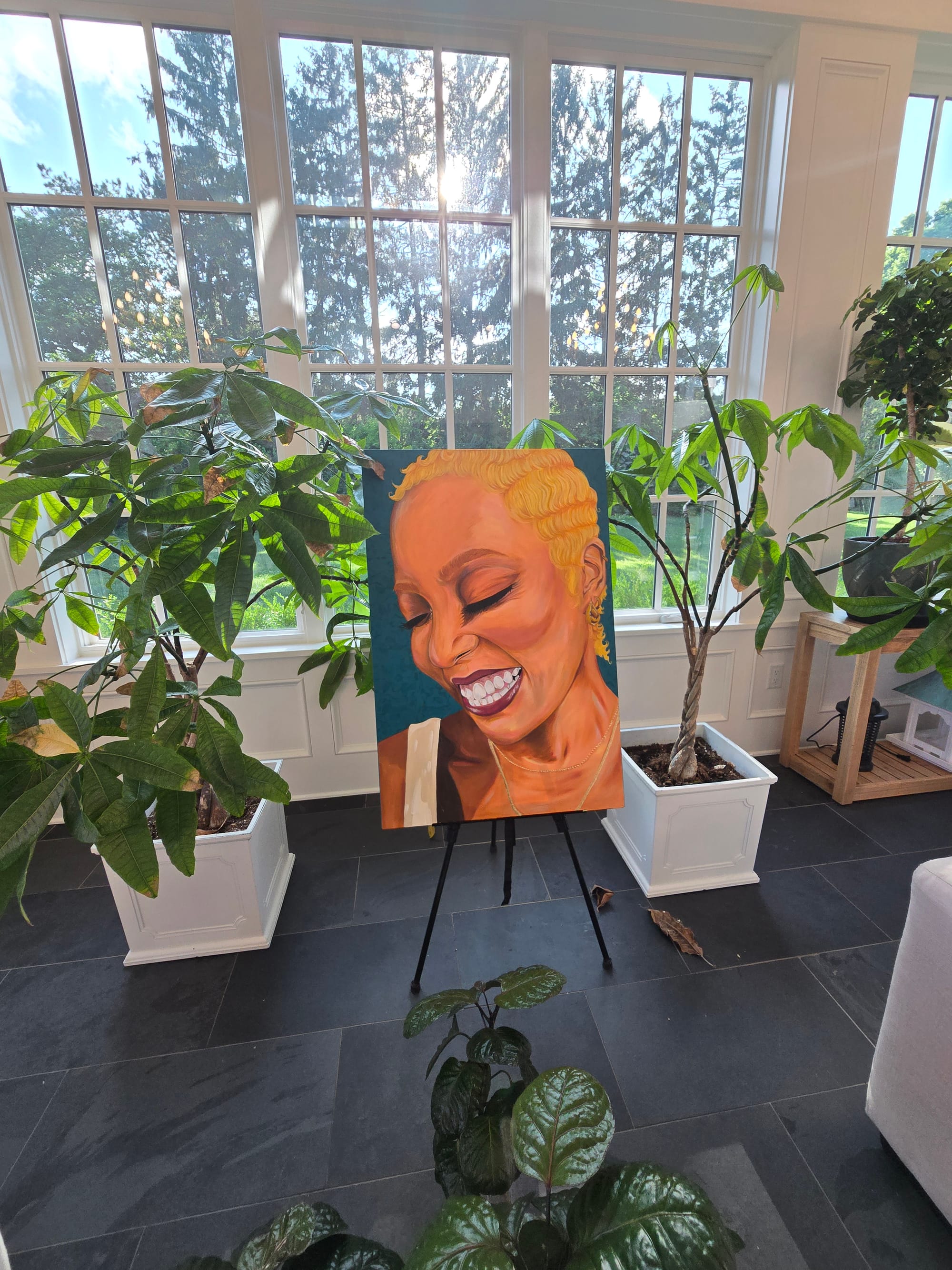
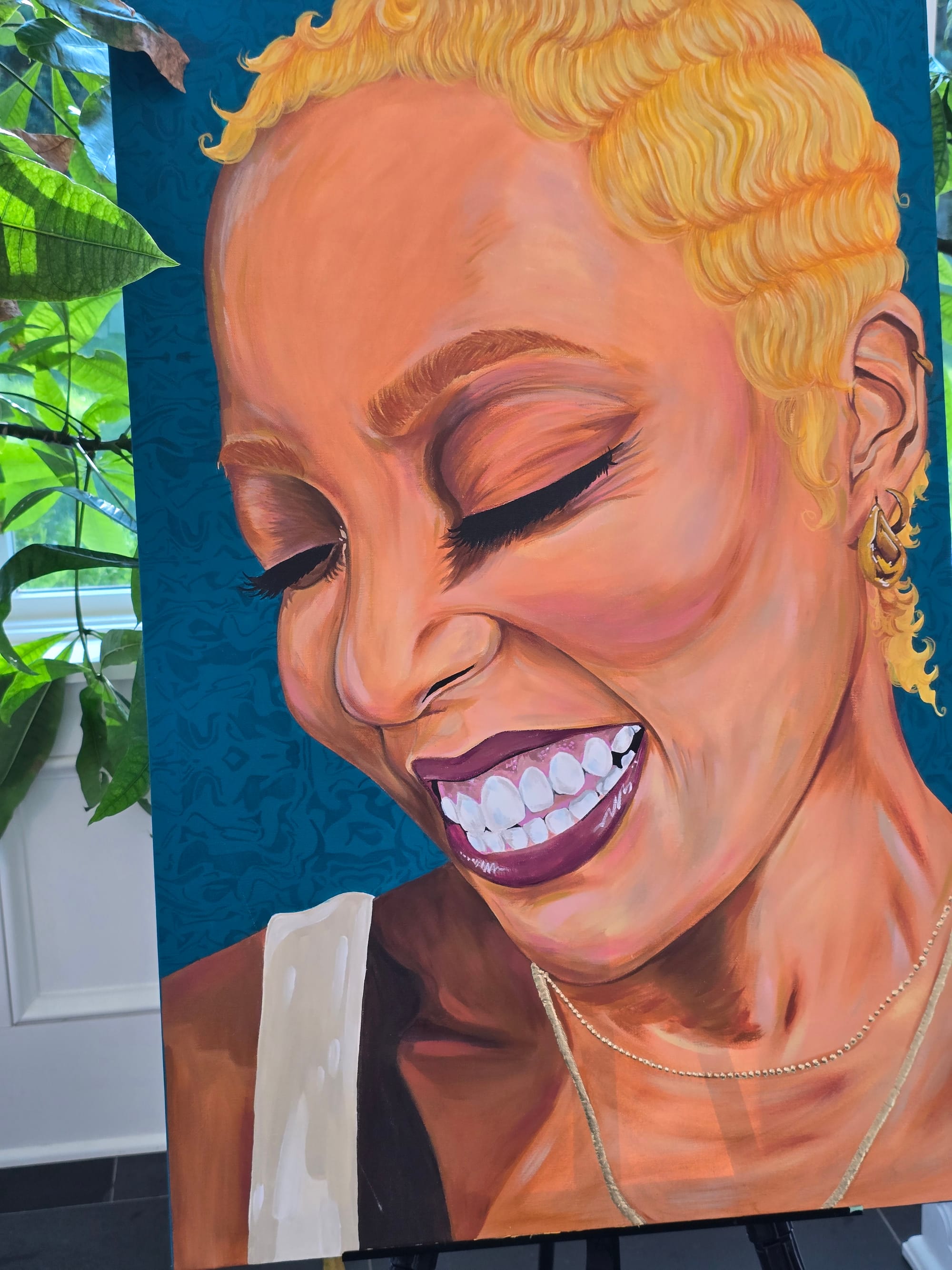
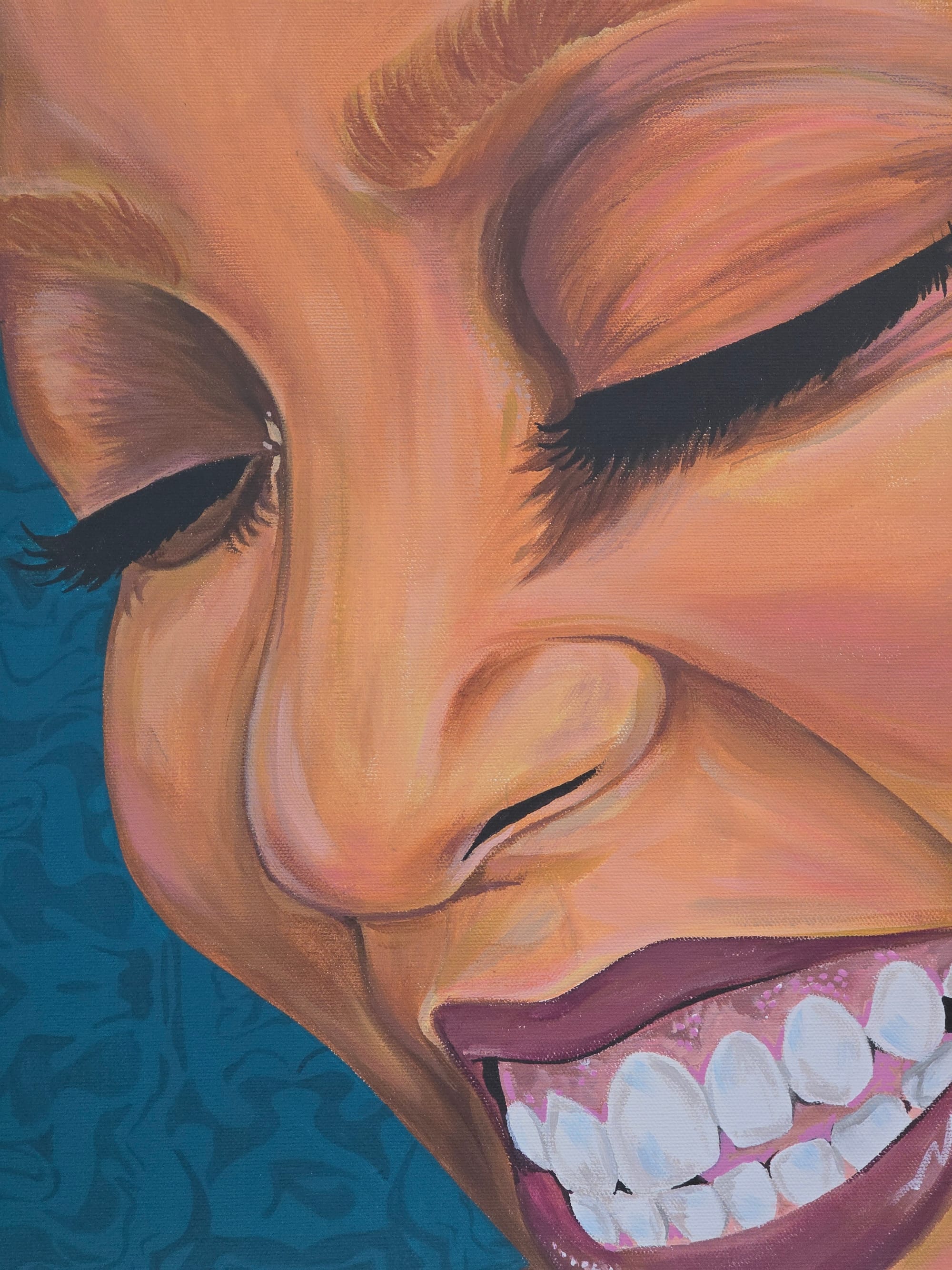
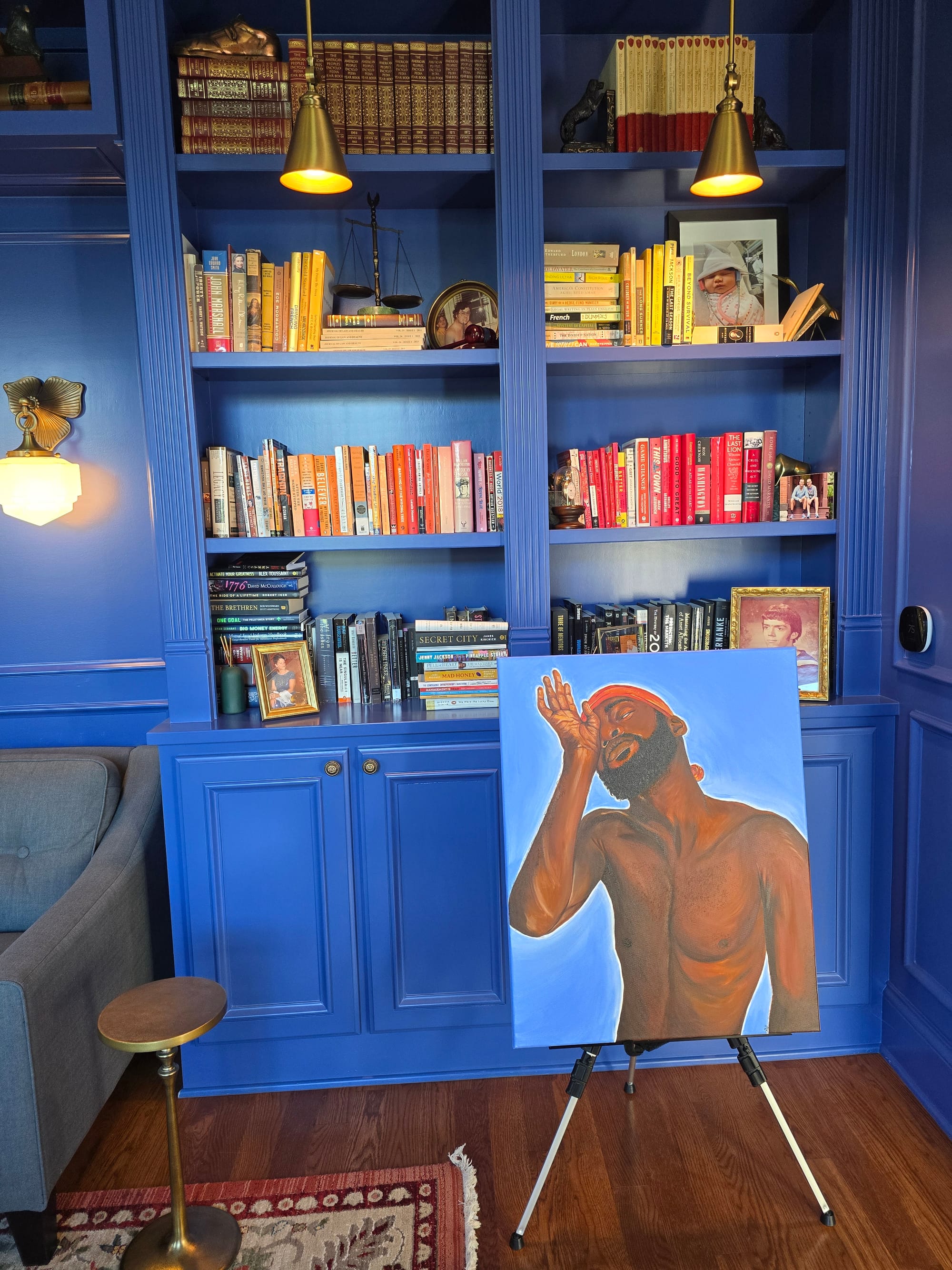
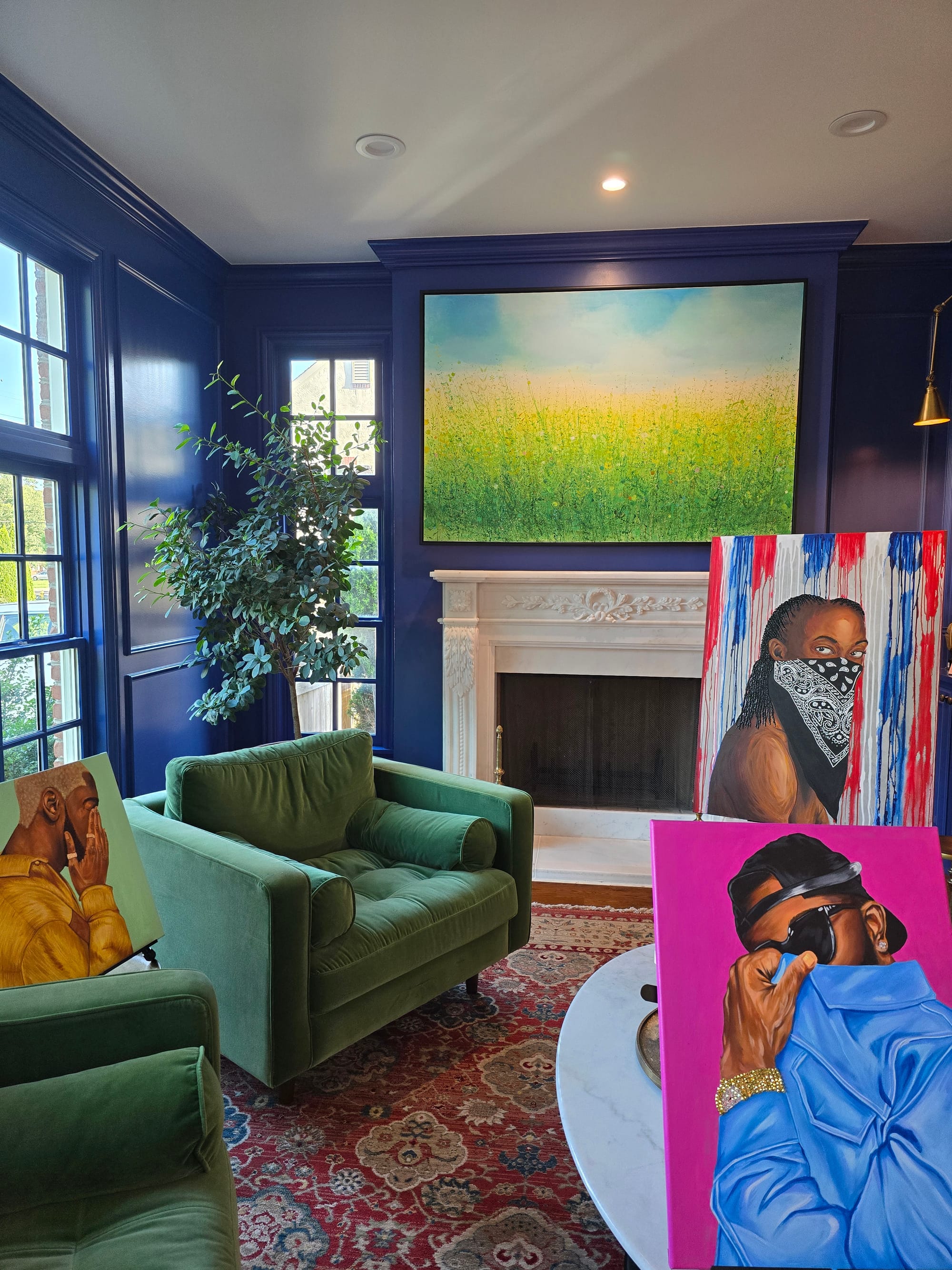
Art work by Jasmine Wooten. Instagram: @intuitivelycreated
